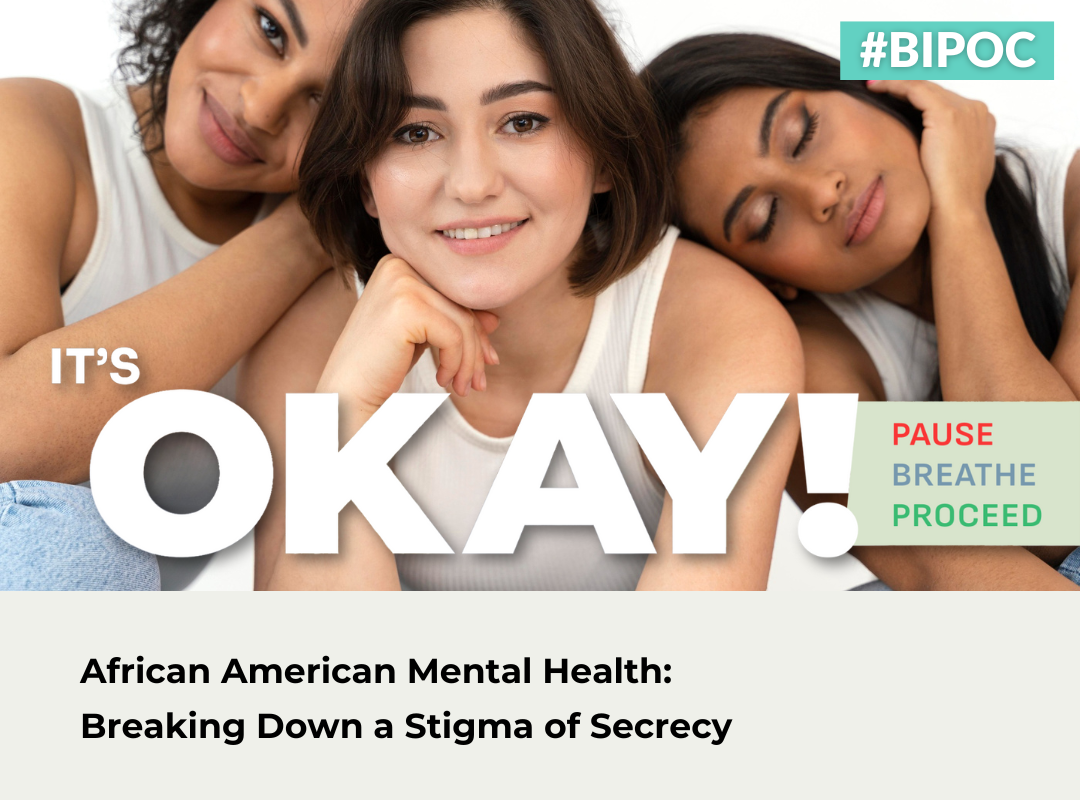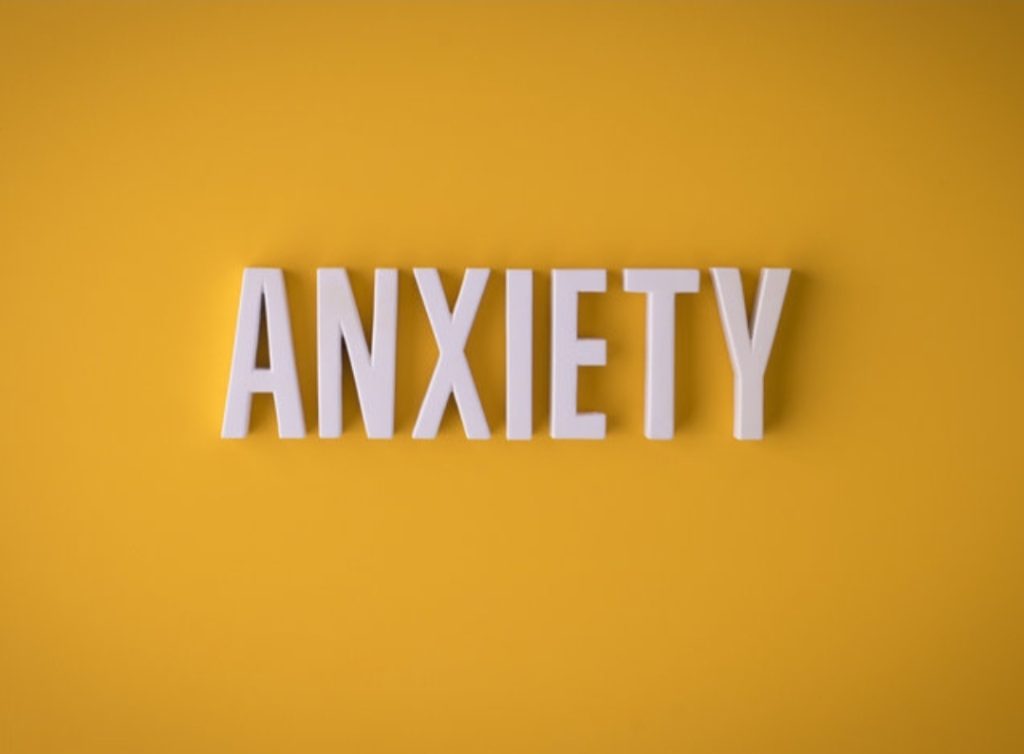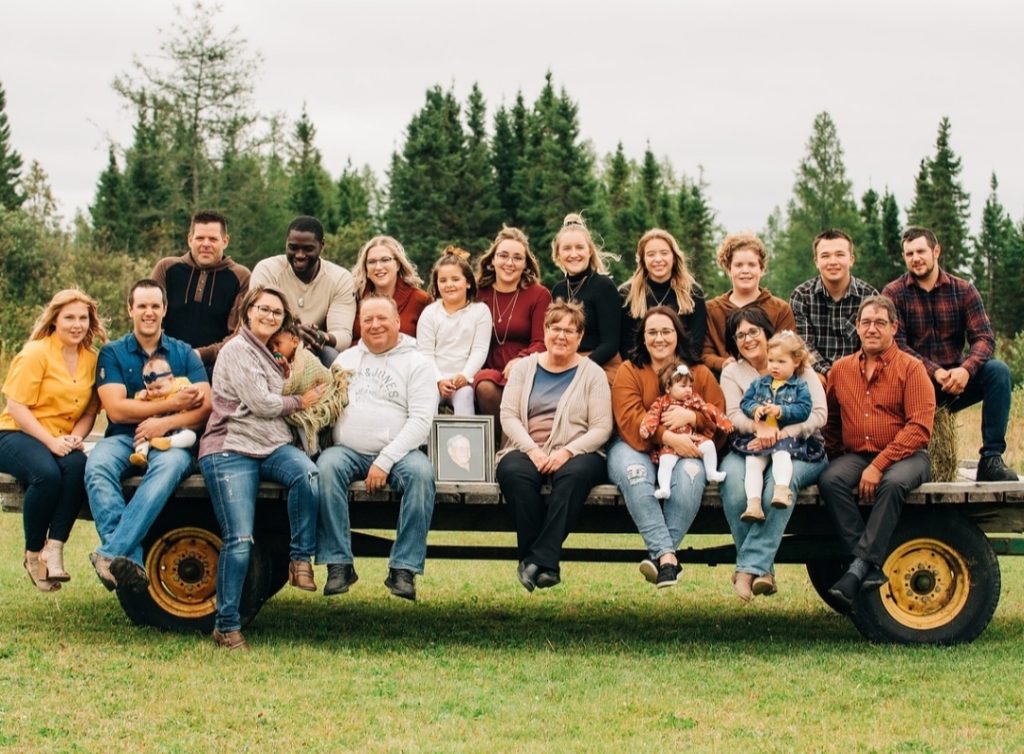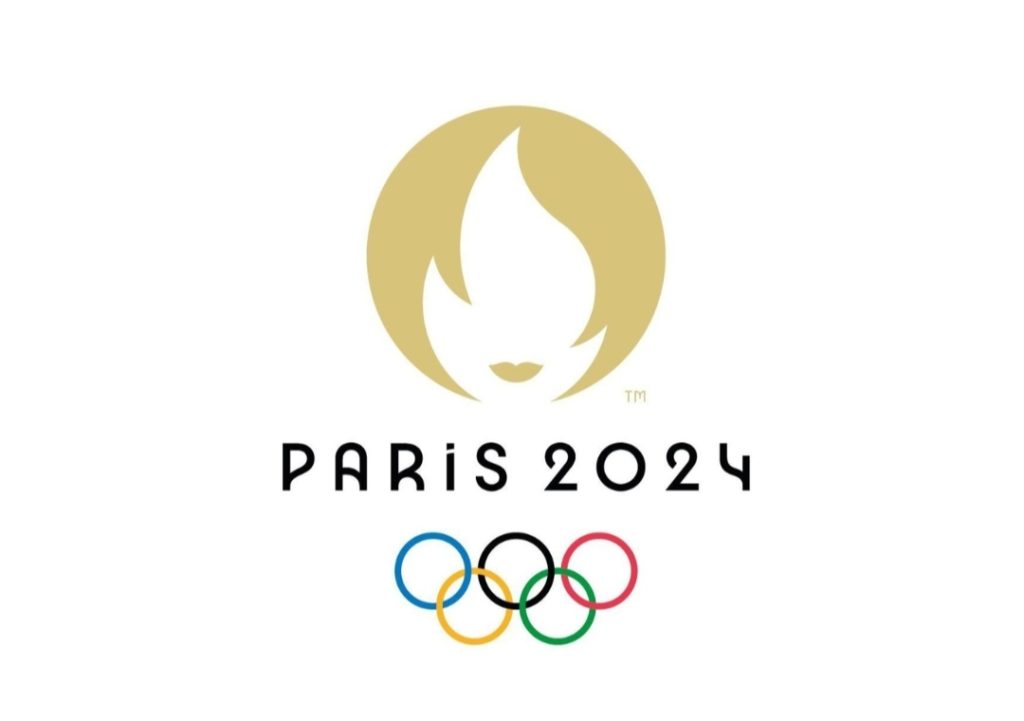African Americans have been raised to be tough on the outside to deal with the harsh realities of life such as racism, police brutality, and social unrest. They have been taught to have thick skin, to overlook things or ignore them, and lack the luxury of being vulnerable like other races.
Stigma rooted in history
If mental illness or anxiety shows up in the lives of African Americans, they usually try to hide it due to the stigma of being perceived as weak; they feel it should be kept from others. Many believe the stigma can be traced back to slavery because during that time it was thought that enslaved people were not sophisticated enough to develop depression or mental health disorders.
The Centers for Disease Control and Prevention (CDC) has declared racism a serious threat to public health, placing BIPOC (Black, Indigenous and People of Color) communities at greater risk for poor health outcomes. With recent issues such as COVID-19 and the Black Lives Matter movement, African Americans now have a new set of stresses to deal with. Even Michelle Obama revealed she was battling low-grade depression.
Join us for It’s OKAY! Pause, Breathe, Proceed – BIPOC to hear from experts who understand the stigma around these mental health issues and are tackling it. The event streams on Monday, July 31st at 4 pm PT/ 6 pm CT/ 7 pm ET. You can register for this free event here.
Statistics
The Health and Human Services Office of Minority Health reports that African American adults in the U.S. are more likely than whites to report symptoms of emotional distress such as sadness, hopelessness, and feeling that everything is an effort.
And 25% of African Americans seek mental health treatment compared to 40% of white Americans. And if African Americans do seek mental health care, they are more likely to receive it from an emergency room rather than a mental health specialist.
Lack of access to services
African Americans often don’t seek help because of limited access to mental health services and a mistrust of medical professional and mental health systems. It should also be noted that 10% of African Americans in the United States do not have health insurance, compared to 5.2% of non-Hispanic white people.
They are also less accounted for in research, which means their experiences with symptoms or treatments are less likely to be taken into consideration.
How to get help
If you or someone you know is experiencing mental health challenges, please reach out to someone or talk to your doctor about treatment options. Conversations can help break down the stigma and encourage more people to get help.
Resources
Black Girls Smile helps to ensure all African American women and girls receive the education, resources and support necessary to lead mentally healthy lives.
Therapy for Black Men aids Black men in the process of finding the right therapist, recognizing this may be unfamiliar territory and they may not know where to start. TherapyForBlackMen.org offers a directory to assist men of color in locating the right therapist for them.
Black Mental Wellness – A virtual community that provides access to evidence-based information and resources about mental health and behavioral health topics from a Black perspective.
2019 Black & African American LGBTQ Youth Report – A resource that presents data collected from more than 1,600 Black and African American youth, shedding light on their challenges and triumphs navigating the world.
Safe Black Space – An organization that offers culturally specific strategies, resources, and healing circles to help Black people heal from historical and current wounds, both individually and collectively.
The Future of Connection for Women








0 Comments